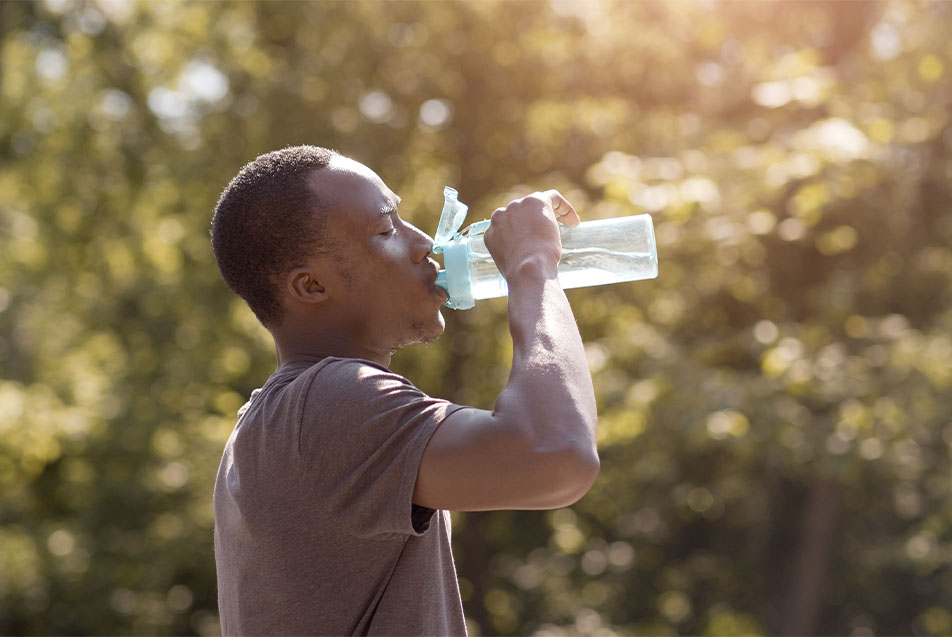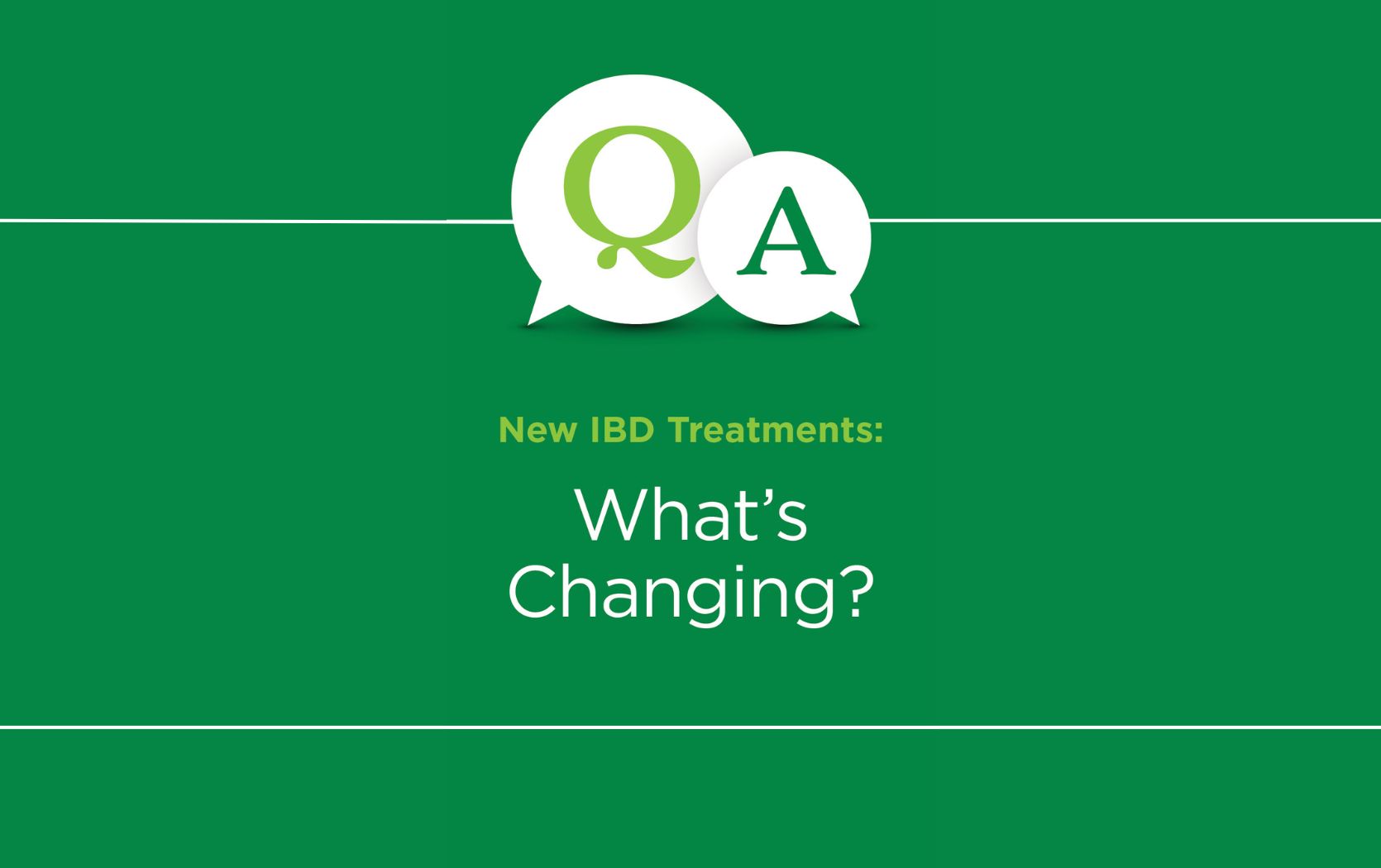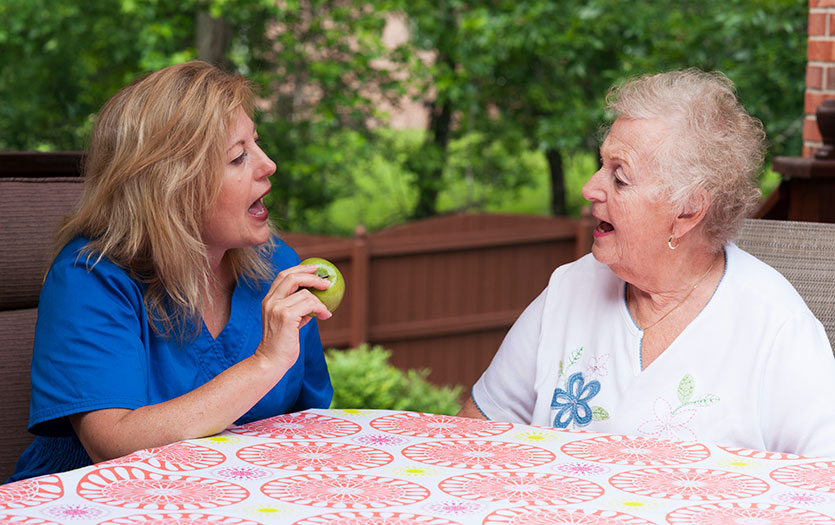
This post was written by Marcus Scott, PA, PPG – Family Medicine.
Simply put, dehydration is the loss of water. But from a clinical side, it’s more complicated than that. It’s the loss of water and change in electrolytes that prevent our body from functioning properly.
Causes of dehydration
Dehydration will rarely occur when our thirst mechanism is intact, and we have adequate water available.
Things that commonly contribute to dehydration are:
- illness (due to vomiting, diarrhea, fever and cognitive decline)
- exercise
- work
- environmental temperature
- lack of adequate water (such as working outside without a water source or a child without the ability to get water for themselves)
Some surprising causes of dehydration can be diet-related factors, such as excessive caffeine or alcohol (both of which cause increased urination by blocking antidiuretic hormones), medications (such as diuretics) and a high protein diet such as paleo or keto.
Symptoms
Signs of dehydration include
- excessive thirst
- dryness of the mucous membranes (mouth, eye, tongue)
- decreased urination and dark urine
- fatigue or listlessness
- dizziness
- changes in mood or cognitive ability (confusion or excessive irritability in an infant)
Prevention and treatment
We prevent dehydration with proper hydration and treat it with rehydration, plain and simple. Hydration is just drinking enough water throughout the day to keep up with the daily loss from all factors. I recommend taking one sip of water every 5-15 minutes if possible. Another way to stay hydrated it to eat more fruits and vegetables with higher water content, such as cucumbers and celery. When exercising, consume water with electrolytes or a sports drink.
Rehydration is best done slowly, with an electrolyte drink or sports drink. Take a sip of electrolyte water or a beverage such as Pedialyte® every five minutes. This advice is best applied after a particularly long, endurance workout or an illness that involved a significant loss of fluids. Otherwise, a sip every 5-15 minutes is best.
Emergency care
A patient should seek medical evaluation if vomiting and/or diarrhea are persistent, though this guidance differs with age and overall health. An infant should be evaluated if the vomiting persists for more than 24 hours. A healthy adult can usually wait two to three days.
I would also recommend seeking medical attention if there is a severe decrease in urination, again, this is somewhat dependent on age and health. For infants, seek same-day evaluation if there is no to very minimal wet diapers in 24 hours. Parents should also see their provider if their infant is listless. Similarly, if an adult is demonstrating fatigue and/or confusion, they need a same-day appointment, or emergency care if there are greater concerns.
Age matters
It’s important to note that infants and small children, as well as the elderly, will dehydrate at a much faster rate. Small things like fever alone can cause dehydration. Pedialyte® will be much more effective than a sports drink in these instances.
Remember, when a person’s body temperature is warm, it takes less time and activity to cause dehydration so be prepared when working or playing outside.



